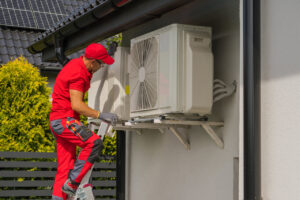
What Causes Blower Evaporator Motors to Overheat?
Blower evaporator motors play a vital role in the functionality of HVAC systems, particularly in areas like Plant City, where temperature regulation is essential for comfort. These motors are responsible for moving air through the system, delivering warm or cool air throughout homes to maintain a pleasant climate indoors. Understanding



